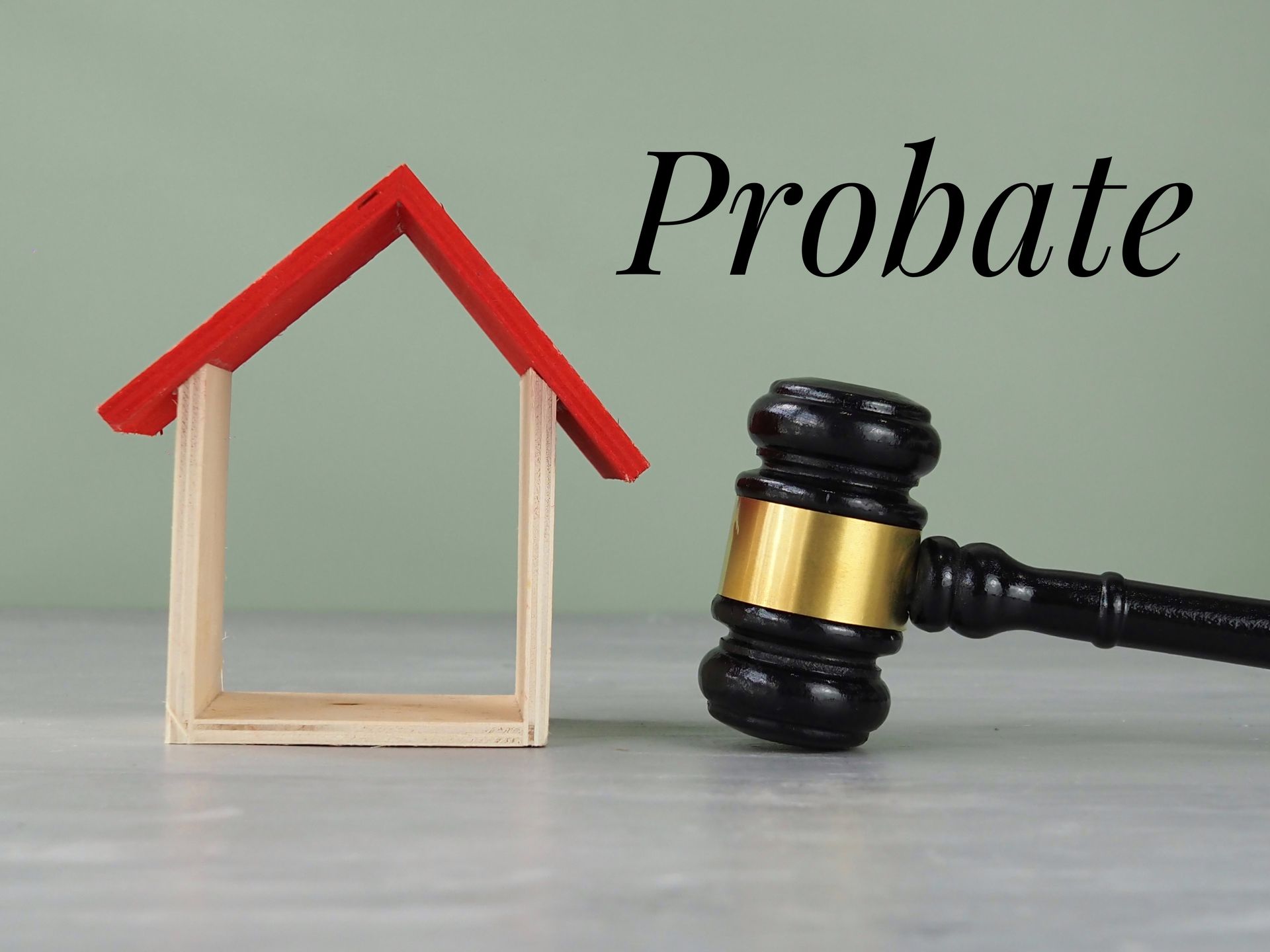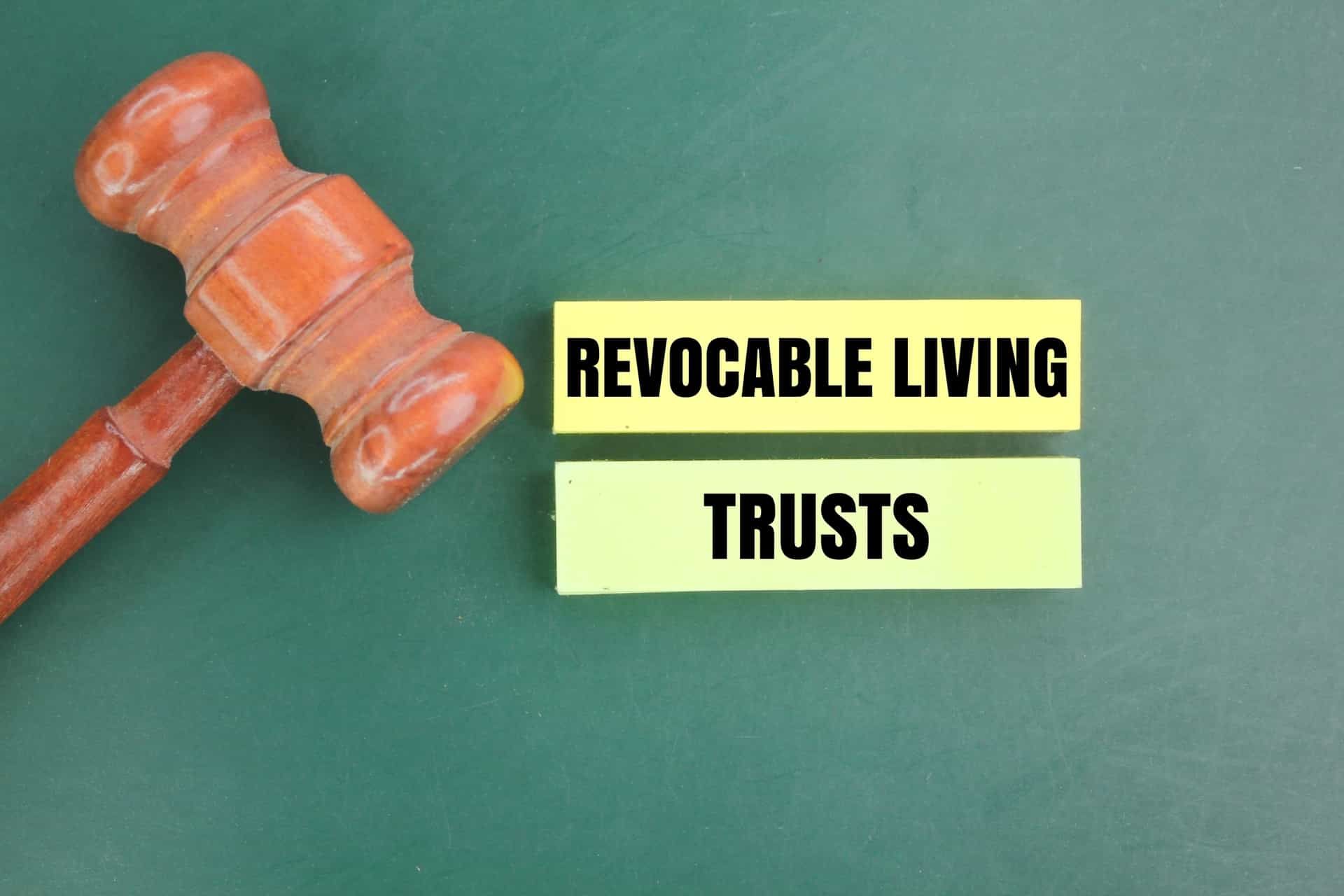Estate Planning vs. Will: Understanding the Differences and Benefits
When protecting your belongings and ensuring your requests are honored after you're gone, it's essential to grasp the distinctions between estate planning and a Will. While both are important in handling your estate, they have different purposes and provide varying levels of control and security. This article will explore the variances between estate planning and Wills, their advantages, and why having thorough estate planning is crucial for individuals and families.
What is a Will?
A
will is a document that outlines how a person's assets and properties will be distributed after their passing. It also allows them to appoint guardians for children and specify their wishes concerning funeral arrangements Here are some key points about a will:
1. Asset Distribution: A will state who will receive your assets, such as estate, personal belongings, bank accounts, and other valuable items. You can assign beneficiaries for assets or divide your estate among multiple individuals.
2. Executor Appointment: Within your will, you can designate an executor who will oversee managing your estate, settling debts, and ensuring that your assets are distributed according to your wishes.
3. Guardianship for Minor Children: If both parents pass away, having a will enables you to designate a guardian to care for your children. This is a part of creating a will to ensure that your children are looked after by someone you trust.
4. Simplicity and Affordability: Drafting a will is more cost-effective than estate planning. It offers a legally binding way to communicate your wishes.
Limitations of Wills
Although essential for estate management, it will have constraints:
1. Probate Process: Wills must undergo
probate, a procedure where the court validates the will and supervises asset distribution. Probate can be time-consuming, expensive, and public, which may not suit everyone's preferences.
2. No Estate Tax Planning: Wills do not include strategies for minimizing estate taxes, which can be substantial depending on the estate's value.
3. Limited Control Over Asset Distribution: Wills come into effect after death. Do not allow control over asset management or distribution during one's lifetime or, in cases of incapacity.
What Is Estate Planning?
Estate Planning involves managing your assets and ensuring your wishes are fulfilled during your lifetime. After you pass away, it includes a variety of documents and strategies aimed at safeguarding your estate, reducing taxes, and providing for your family. Here are some essential aspects of estate planning:
1. Living Trusts: Unlike a will, a living trust enables you to transfer assets to a trust while alive. You can oversee the trust as the trustee and appoint a successor trustee to take charge in case of your incapacity or death. Living trusts help avoid probate proceedings and offer control over asset distribution.
2. Power of Attorney: Estate planning also involves establishing a power of attorney, allowing you to authorize someone to handle legal matters on your behalf if you are unable to do
3. Healthcare Directives: include documents such as a living will and healthcare power of attorney, which detail your medical treatment preferences and designate someone to make decisions for you if you cannot do so yourself.
4. Beneficiary Designations: Estate planning requires reviewing and updating beneficiary designations on assets such as life insurance policies, retirement accounts, and bank accounts to ensure they align with your planning goals.
5. Reducing Tax Liability: Estate planning involves employing tactics like giving gifts, making contributions, and establishing trusts; this helps lessen the tax burden on your assets and ensures a more significant portion of your wealth goes to your loved ones.
Advantages of Thorough Estate Planning
Comprehensive estate planning offers benefits compared to having a will:
1. Avoiding Probate: A key advantage of estate planning is bypassing the probate process. Assets held in a living trust can be distributed without court involvement, saving time and money while maintaining confidentiality.
2. Planning for Incapacity: Estate planning guarantees that your affairs are handled according to your preferences if you cannot do it yourself. Documents like the power of attorney and healthcare directives guide managing your finances and medical needs.
3. Tax Optimization: Estate planning incorporates strategies to reduce estate and gift taxes, ensuring a substantial portion of your wealth goes to those you designate as beneficiaries.
4. Maintaining Control and Flexibility: Through a
living trust, you retain control over your assets during your lifetime. Have the flexibility to make adjustments when necessary. You can also establish terms for asset distribution, such as delayed inheritances or specialized trusts for dependents.
5. Safeguarding Beneficiaries: Estate planning safeguards your beneficiaries from issues like creditor claims, divorce settlements, or financial mismanagement by arranging trusts that oversee the allocation of assets.
Choosing Between a Will and Estate Planning
.A will covers what will happen to your family and property after you die. An estate plan has a will but also includes other documents protecting your family and property while you are alive but incapacitated. Deciding whether to create a Will or opt for thorough estate planning depends on your situation, objectives, and the complexity of your assets. Here are a few factors to consider:
1. Estate Size and Complexity: A simple Will is enough for an uncomplicated estate. Comprehensive estate planning is recommended for more extensive or intricate estates.
2. Family Dynamics: Consider your family dynamics, including the ages and needs of your beneficiaries. Estate planning can address concerns like providing for children, managing assets for dependents with special needs, or safeguarding assets from family conflicts.
3. Privacy Preference: If privacy is your priority, opting for estate planning is advantageous as a living trust bypasses the probate process, maintaining confidentiality regarding your matters.
4. Incapacity Concerns: If you have worries about incapacity, estate planning ensures that your financial and medical decisions align with your preferences.
5. Tax Implications: Estate planning can benefit individuals with estates by reducing the tax burden on their heirs.
In conclusion
Creating a will and engaging in comprehensive estate planning are key aspects of managing your estate to ensure that your intentions are carried out effectively.
Creating a will is a way to express your wishes and divide your assets. Still, estate planning goes further by covering asset distribution and planning for incapacity, maximizing tax benefits, and safeguarding assets in the long term.
Suppose you live in
West Palm Beach, Florida. In that case, consulting with skilled
estate planning lawyers
can assist you in making choices and crafting a strategy that aligns with your specific desires and objectives. Embracing thorough estate planning is a measure to safeguard your legacy and provide reassurance for yourself and your family.
Disclaimer: The information on this website and blog is for general informational purposes only and is not professional advice. We make no guarantees of accuracy or completeness. We disclaim all liability for errors, omissions, or reliance on this content. Always consult a qualified professional for specific guidance.
RECENT POSTS






